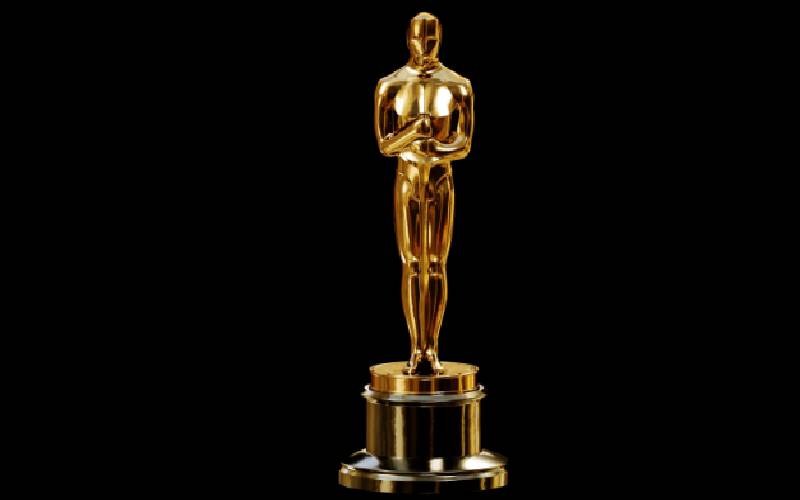×
The Standard e-Paper
Fearless, Trusted News

The Academy Awards have backpedalled to their dull reputation of a lack of recognition towards black and minority actors, sparking outrage with the snubbing of the late Black Panther actor Chadwick Boseman.